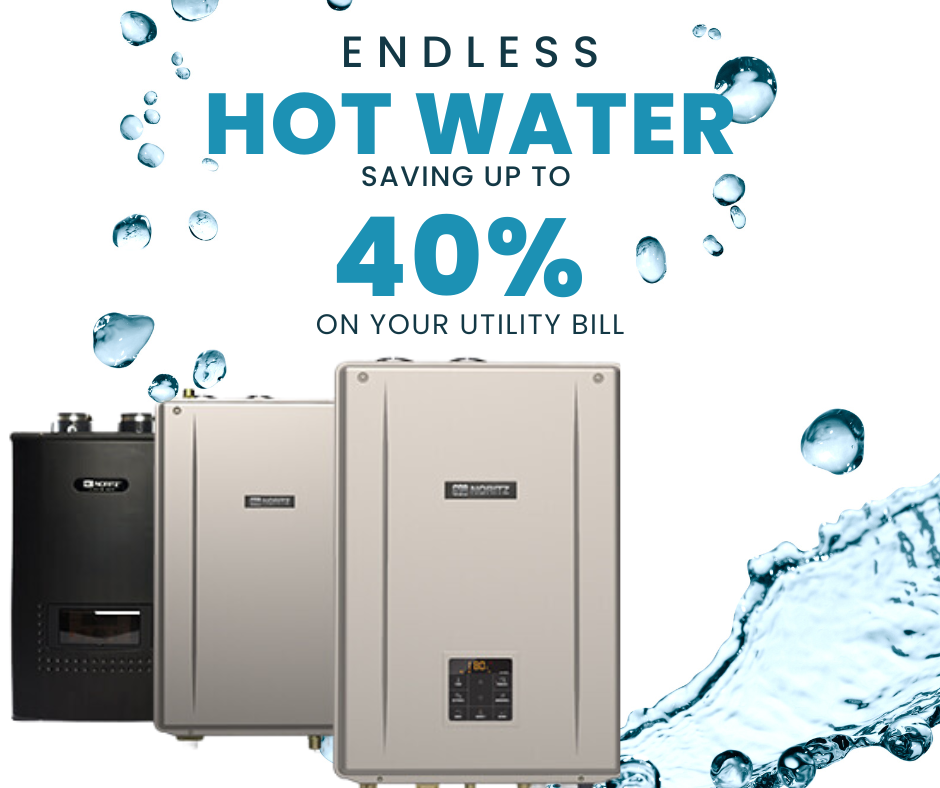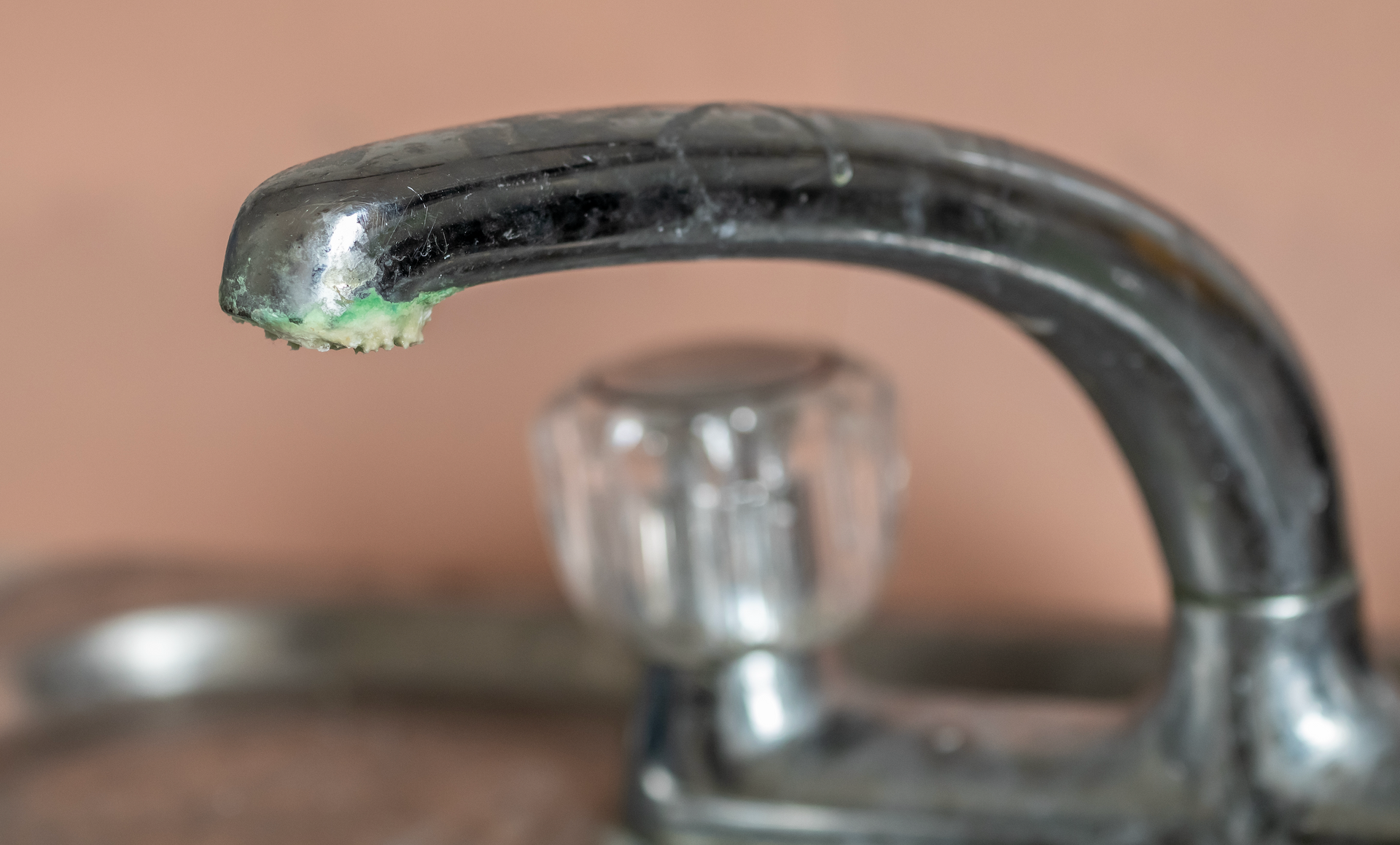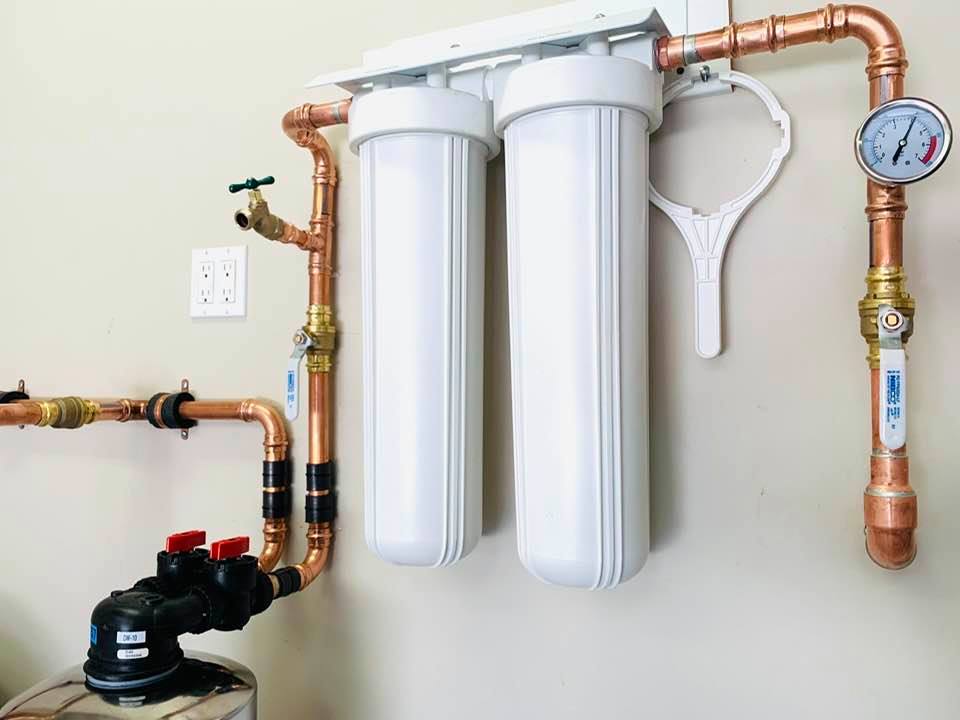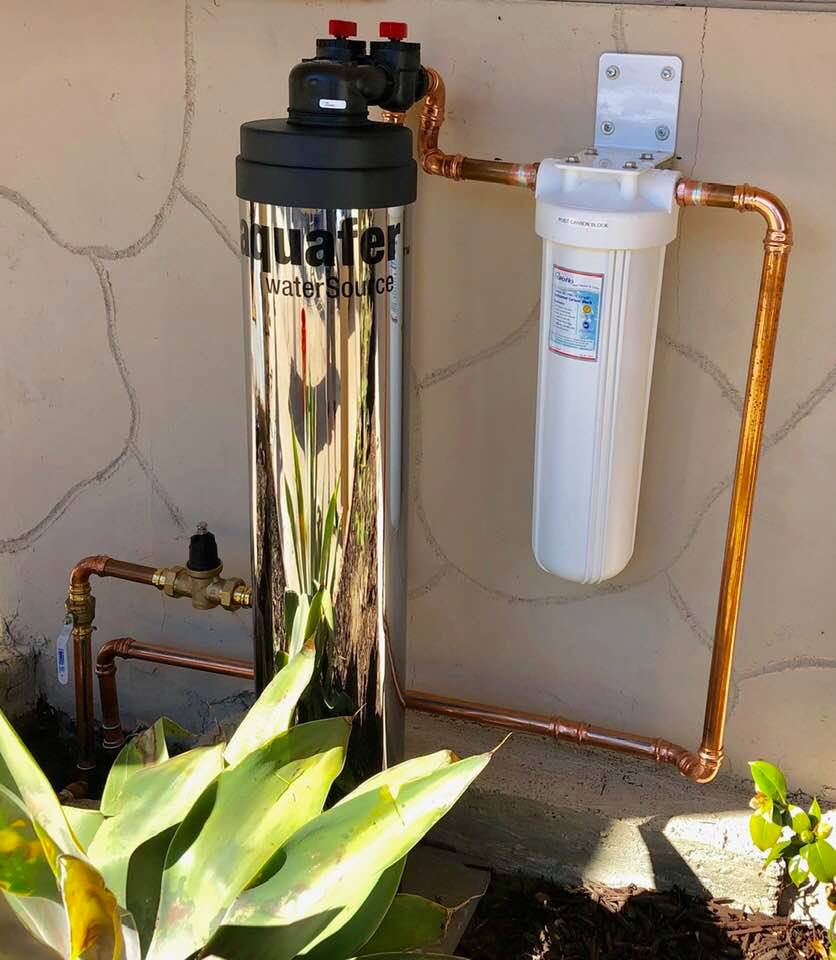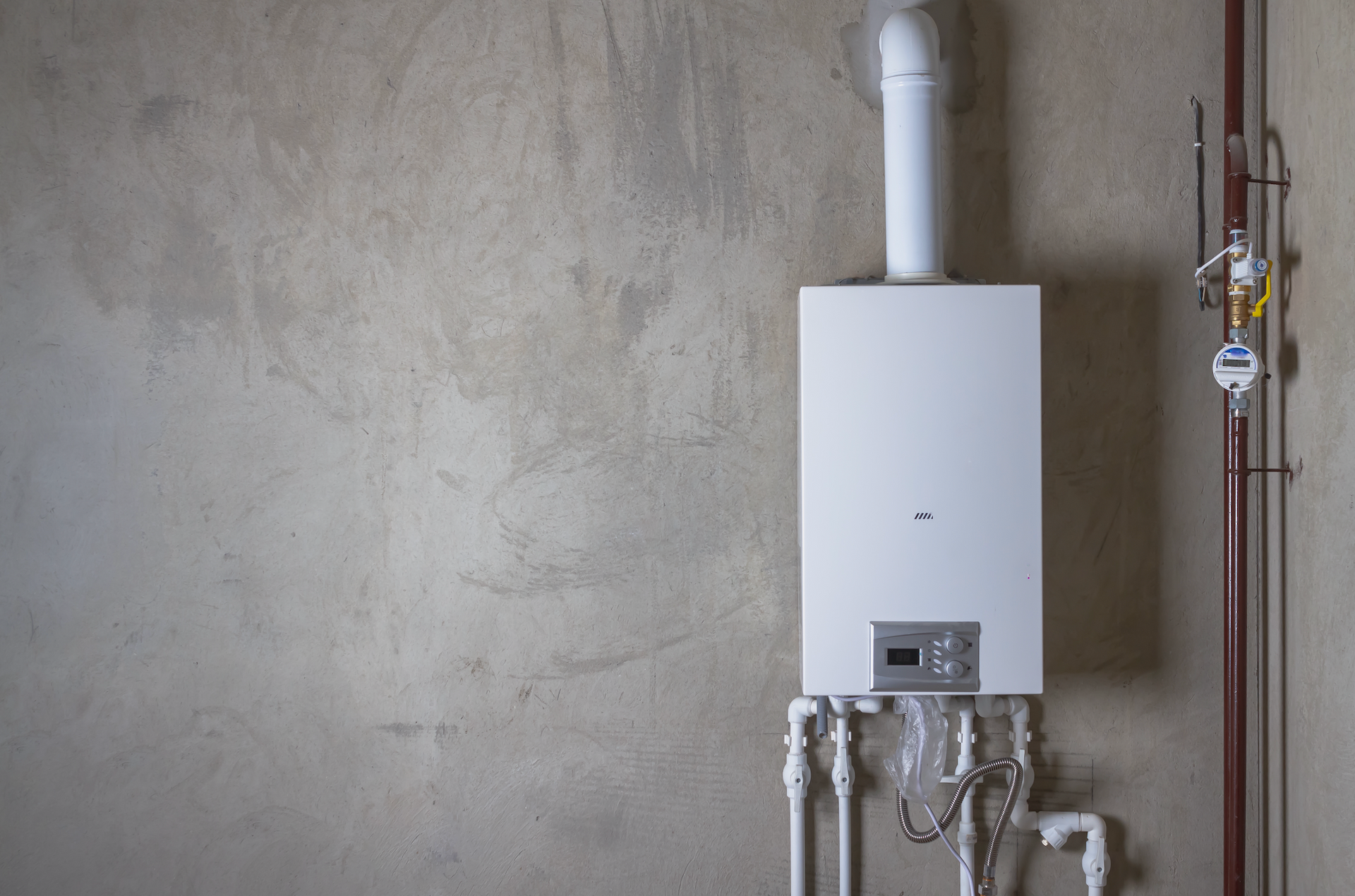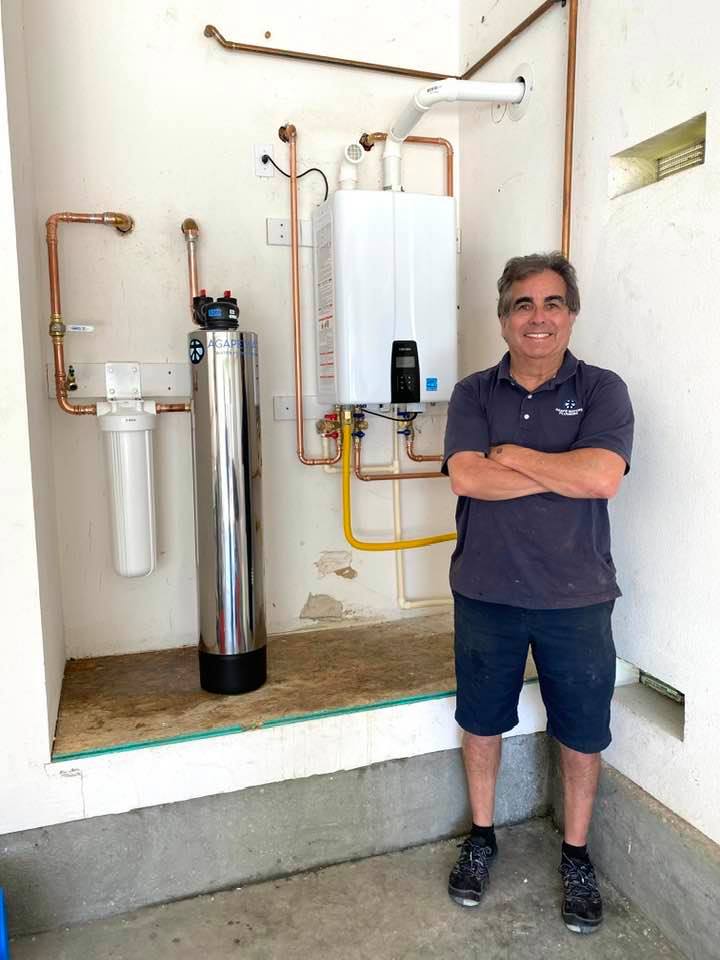Now's the Time to Switch to an Energy Efficient Tankless Water Heater!
Agape Waters is Southern California's Premier Installer of Tankless Water Heaters
In the context of rising concerns over energy conservation and sustainability, the adoption of tankless water heaters in Southern California has gained substantial traction. Here, we'll talk about the value of switching to tankless water heaters.
I. Energy Efficiency
One of the foremost advantages of tankless water heaters is their superior energy efficiency. Traditional tank-based water heaters maintain a constant reservoir of hot water, which entails a continuous energy expenditure. In contrast, tankless water heaters, also known as on-demand water heaters, operate by heating water only when it is required. This operational distinction yields a significant reduction in energy consumption.
Statistics from the U.S. Department of Energy reveal that tankless water heaters are approximately 24% to 34% more energy-efficient than their tank-based counterparts. In Southern California, a region characterized by high energy costs and a commitment to sustainability, this translates into substantial cost savings and reduced carbon emissions.
II. Cost Savings
Southern California is known for its high energy costs, with electricity rates notably above the national average. Tankless water heaters mitigate this financial burden through their energy-efficient design. The reduction in standby heat loss, a phenomenon associated with traditional water heaters, is a pivotal contributor to these savings.
On average, homeowners in Southern California can save up to 40% on energy costs annually by switching to tankless water heaters, as reported by the California Energy Commission. Over the course of a typical appliance lifespan, this equates to thousands of dollars in cumulative savings, rendering the initial investment in a tankless water heater financially prudent.
III. Water Conservation
The state of California has grappled with recurring water scarcity issues, exacerbated by prolonged droughts. Tankless water heaters play a role in water conservation due to their ability to deliver hot water promptly, without the need for preheated storage. This instantaneous heating minimizes water wastage during the wait for hot water to reach the faucet.
IV. Longevity and Reduced Maintenance
Tankless water heaters, while requiring an initial higher investment, exhibit a significantly longer lifespan when compared to traditional tank-based models. On average, tankless units can last up to 20 years or more, whereas traditional heaters may need replacement every 10 to 15 years. Reduced maintenance requirements and the elimination of tank corrosion contribute to these extended service lives.
Conclusion
The transition to tankless water heaters in Southern California is both a pragmatic and eco-conscious decision. The undeniable benefits of energy efficiency, cost savings, water conservation, and longevity make them an optimal choice for homeowners in this region. With their capacity to alleviate energy expenses, reduce water wastage, and align with sustainability goals, tankless water heaters have emerged as a compelling solution for addressing the unique needs of Southern Californians.
When you're ready to make the switch, Agape waters is here to help. Serving San Marcos, Vista, Escondido, Valley Center, Carlsbad, Oceanside, Encinitas, Rancho Santa Fe, Fairbanks Ranch, Poway, Rancho Bernardo, 4S Ranch, Solana Beach, Fallbrook, Carmel Valley, Del Mar, San Clemente, Dana Point, San Juan Capistrano.

